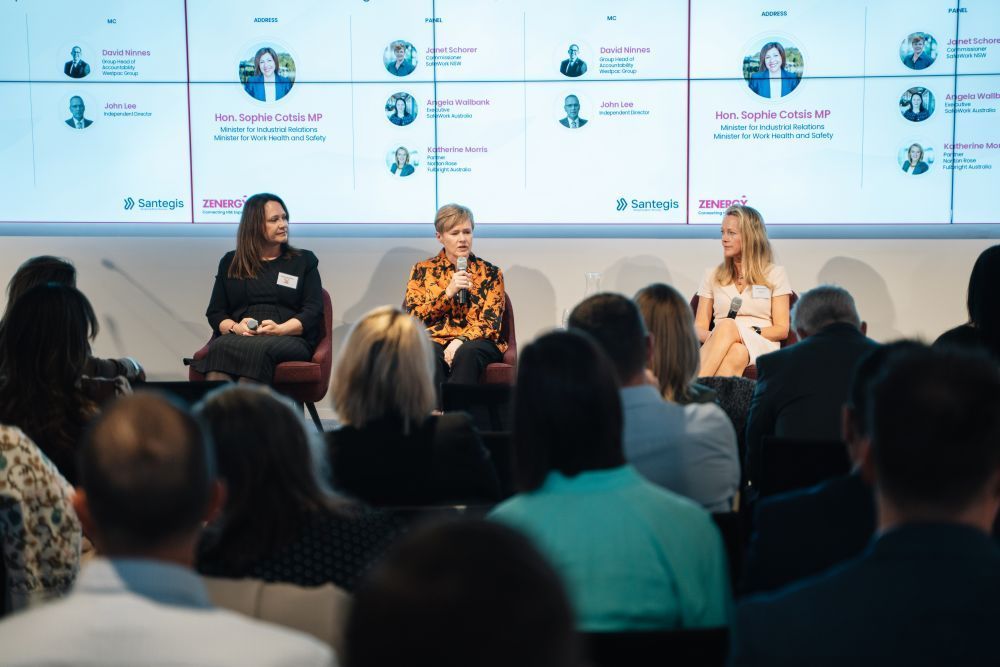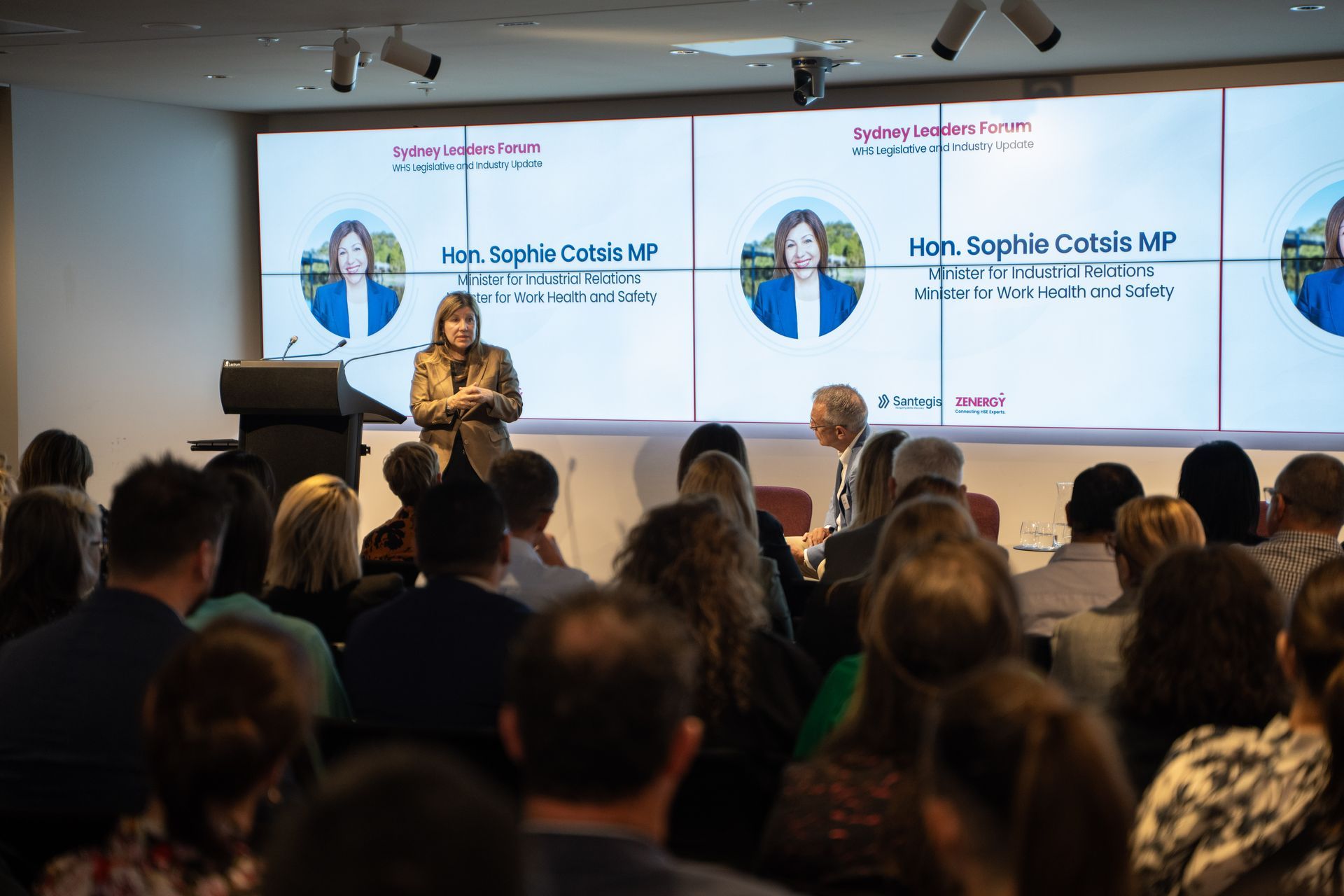Comcare self-insurance licence change
A change to the duration of licences to self-insure with Comcare will save business more than $1 million a year, according to the federal government.
Minister for Employment Eric Abetz announced last week that the Safety, Rehabilitation and Compensation Commission had extended the initial two-year licence period to up to eight years, and the four-year ongoing licence period also to up to eight years for self-insurance licences under the Safety, Rehabilitation and Compensation Act.
“This change means companies that self-insure through Comcare will have their licence periods extended and will therefore need to apply for licence extensions less frequently,” Senator Abetz said.
“This measure will cut the financial and red-tape burden for those self-insuring through Comcare by a total of $1.26 million a year.
“Businesses that self-insure in Comcare estimate that it costs between $80,000 and $100,000 to prepare a licence-extension application.
“Increasing the length of time that businesses hold their licences will save them time, effort and money.”
Companies successfully signing up to Comcare for the first time will be granted an eight-year rather than a two-year licence, and those seeking to extend existing arrangements will be granted an eight-year licence instead of a four-year one.
This reform will reduce the regulatory burden, remove the cost of licence extensions in years two and four, and push back the costs of audit until year eight as well as ensure safer workplaces.
Further information on self-insuring with Comcare is available via the Comcare website.
This article was originally posted on Workplace OHS






